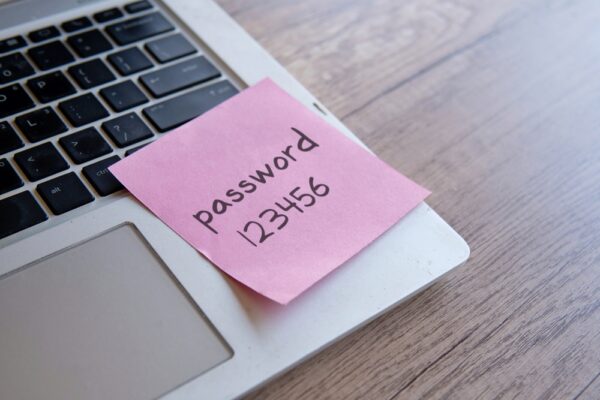
Actionable Strategies and Money-Saving Tips
You don’t have to accept bank fees as a fact of life. With a few proactive steps, you can significantly reduce or even eliminate them entirely. These finance tips for retirees are practical and can be put into action today.

1. Specifically Ask for a “Senior Checking Account”
Many banks and credit unions offer special accounts designed for customers over a certain age, usually 60 or 65. These accounts often come with valuable perks, such as waived monthly maintenance fees, free standard checks, and sometimes even free cashier’s checks. However, banks don’t always automatically enroll you in one when you reach the qualifying age. You have to ask for it. Call or visit your local branch and say, “I’d like to know if you offer a senior checking account or if my current account can be converted to one.”

2. Get and Read Your Bank’s Fee Schedule
Every bank is required to have a document that lists every single potential fee they can charge you. It’s often called a “Fee Schedule” or “Account Terms and Conditions.” If you can’t find it online, call your bank and ask them to mail you a copy. It might seem like a boring document, but it’s your roadmap to avoiding charges. Look for the fees we discussed above and, most importantly, read the section that tells you how to get them waived.

3. Meet the Minimum Balance Requirement
One of the most common ways to avoid a monthly service fee is by maintaining a minimum balance. For example, a bank might waive its $12 monthly fee if you keep a minimum daily balance of $1,500 in your checking account. For some, this is easy. For others on a tight budget, it can be a challenge. If you choose this route, be vigilant. A single day below the threshold can trigger the fee. A good strategy is to keep a buffer of a few hundred dollars above the minimum, just in case of an unexpected expense.

4. Set Up Direct Deposit
This is often the easiest way to get a free checking account. Banks want your primary business, and they reward customers who have their income deposited directly into their accounts. If you receive Social Security, a pension, or other retirement income, setting up direct deposit can often get that monthly fee waived, regardless of your balance. For official information on Social Security and Medicare, visit SSA.gov and Medicare.gov. Federal tax information is at the IRS.

5. Go Paperless (If You’re Comfortable)
If you use a computer or smartphone and feel comfortable checking your statements online, opting out of paper statements is a quick way to save $2 to $5 a month. That’s $24 to $60 a year. Most banks make this very easy to do through their website or mobile app. If you still prefer a paper trail, you can often print the statements yourself from your online account at no charge.

6. Be Strategic with Your Cash Withdrawals
Out-of-network ATM fees are completely avoidable. First, find out which ATMs are in your bank’s network—they are often listed on the bank’s website or app. Plan to only use those. An even better strategy is to get cash back when you’re paying with your debit card at the grocery store or pharmacy. It’s free and convenient. For example, if your bill is $23, you can ask for $40 cash back. Your account will be debited for $63, and you’ll walk away with your groceries and the cash you need, with no fee.

7. Use Overdraft Protection Wisely
Overdraft fees are costly. The best defense is to keep a close eye on your account balance. As a backup, link your checking account to your savings account. This is called “overdraft protection.” If you overspend your checking account, the bank will automatically transfer money from your savings to cover the difference. There might be a small transfer fee (perhaps $10), but that is much better than a $35 overdraft penalty. Be careful not to confuse this with “overdraft coverage,” which is a high-interest loan the bank extends to you.

8. Explore Credit Unions and Online Banks
If your big national bank isn’t meeting your needs, don’t be afraid to look elsewhere. Credit unions are non-profit institutions owned by their members. Because they don’t have to generate profits for shareholders, they often offer accounts with no monthly fees, lower minimum balance requirements, and a more personal level of service. Similarly, online-only banks have very low overhead costs and pass those savings on to customers, often in the form of completely free checking and savings accounts with higher interest rates.

9. Don’t Be Afraid to Call and Ask
If you get hit with a fee, especially for the first time, call your bank. Calmly explain the situation and ask if they would be willing to offer a one-time courtesy waiver. Banks value loyal, long-term customers and are often willing to waive a fee to keep you happy. You can also use this call to ask what you can do to avoid that fee in the future. A simple, polite phone call can save you $35 or more.


















